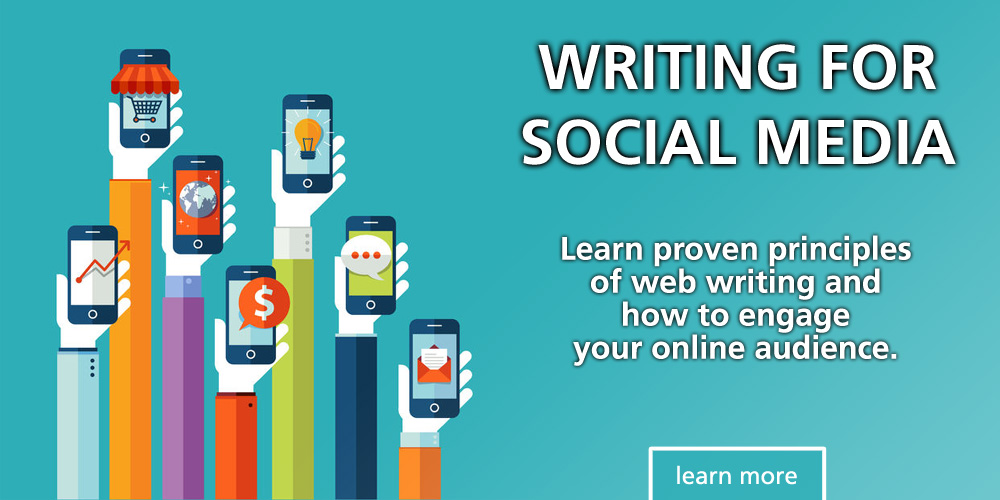You might be able to access and make sense of the Internet. But exiting it could become a privilege. ALEX BEATTIE explains the digital divide of the future.
Have you heard of the digital divide? It’s a way of describing inequality in relation to the Internet. Think of it as the tech version of ‘haves’ and ‘have-nots’.
There’s more to it than just having a decent wi-fi connection. As the Internet becomes more intricately integrated into our lives, the digital divide is being redefined. And soon, we may be separated less by what we have, and more by what we can or can’t get away from.
It used to be all about access
The digital divide was coined in the 90s during the days of dial-up and ‘surfing the web’. Back then, there was a significant gulf between those who could regularly access the Internet, and those who couldn’t.
This division is still substantial. According to a 2015 report from the International Telecommunication Union, only 43% of the global population have ready access to the Internet. But what’s telling is that over the previous seven years, that figure had risen from a mere 7%. That’s a mammoth increase.
If the trend continues, the Internet will eventually spread to every corner of the globe. What divisions will be left? One could be a disparity of Internet speed. That’s a distinct possibility in the U.S., due to President Trump’s intent to roll back net neutrality laws. If the Internet is a public utility, this would be the equivalent of a state-owned asset sale without a referendum.
Now you’ve got to have the skills
After access, another gaping digital division is online literacy. This exists in countries where the Internet has become so commonplace that many services have migrated online. Whether it’s accessing government services, booking appointments, or buying tickets – these activities all require a degree of familiarity with the Internet.
This digital divide ‘2.0’ isn’t just generational. Media commentator Ryan Holiday argues any person who regularly works with a computer has “their Internet time subsidized by their employer”. As they spend more time online, they become more digitally literate and are less susceptible to cyber traps like trolling, clickbait or fake news.
Will this divide reduce in time? In general, yes, as most will hone their skills and the digital natives will grow up. But, the threat of automation looms large. This could crack the divide into a chasm, as any jobs left will require sky-high degrees of digital literacy, such as programming.
The privilege of the future is silence
What else will divide us in the future? A force that could fracture a new digital divide is the attention economy. Driven by attention brokers Facebook and Google, the Internet has largely been redesigned to keep people hooked, for the benefit of advertisers. Services like Instagram and YouTube are offered for ‘free’, in exchange for people’s data and eyeballs.
Psychologists are alerting us to the effects of constant distraction, with some suggesting we’ve become lab rats conditioned to anticipate rewards from the Internet. This explains why digital detoxes, meditation apps, and other ‘mindfulness’ practices have emerged. They provide a break, but in an attention economy, come with a price tag.
Here lies the digital divide ‘3.0’. It’s not an inequality of access, nor literacy, but of headspace. When the Internet goes truly everywhere, it will function as social infrastructure and be very difficult to simply opt out. The tech affluent will have with them a walled garden to block out the visual pollution. The rest, who require their Internet to be subsidized by advertising, will wallow in anxiety and agitation.
Until an immersive Internet goes mainstream, we can only speculate how deep this divide will be. The wait may not be too long. Virtual reality tech like the Oculus Rift is already here, and Facebook CEO Mark Zuckerberg intends to use it far beyond mere gaming.
How busy will our digital futures be? In an interview with Vanity Fair, Zuckerberg opines: “our mission isn’t to connect a billion people; it’s to connect everyone in the world.”
In this future, connecting may be free, but taking a break will be a bonus.
About the Author
Alex Beattie is a PhD candidate in Digital Media at Victoria University in Wellington, New Zealand. He writes about issues relating to digital media, politics and psychology and is an unashamed fan of science-fiction, YA novels and Survivor.














